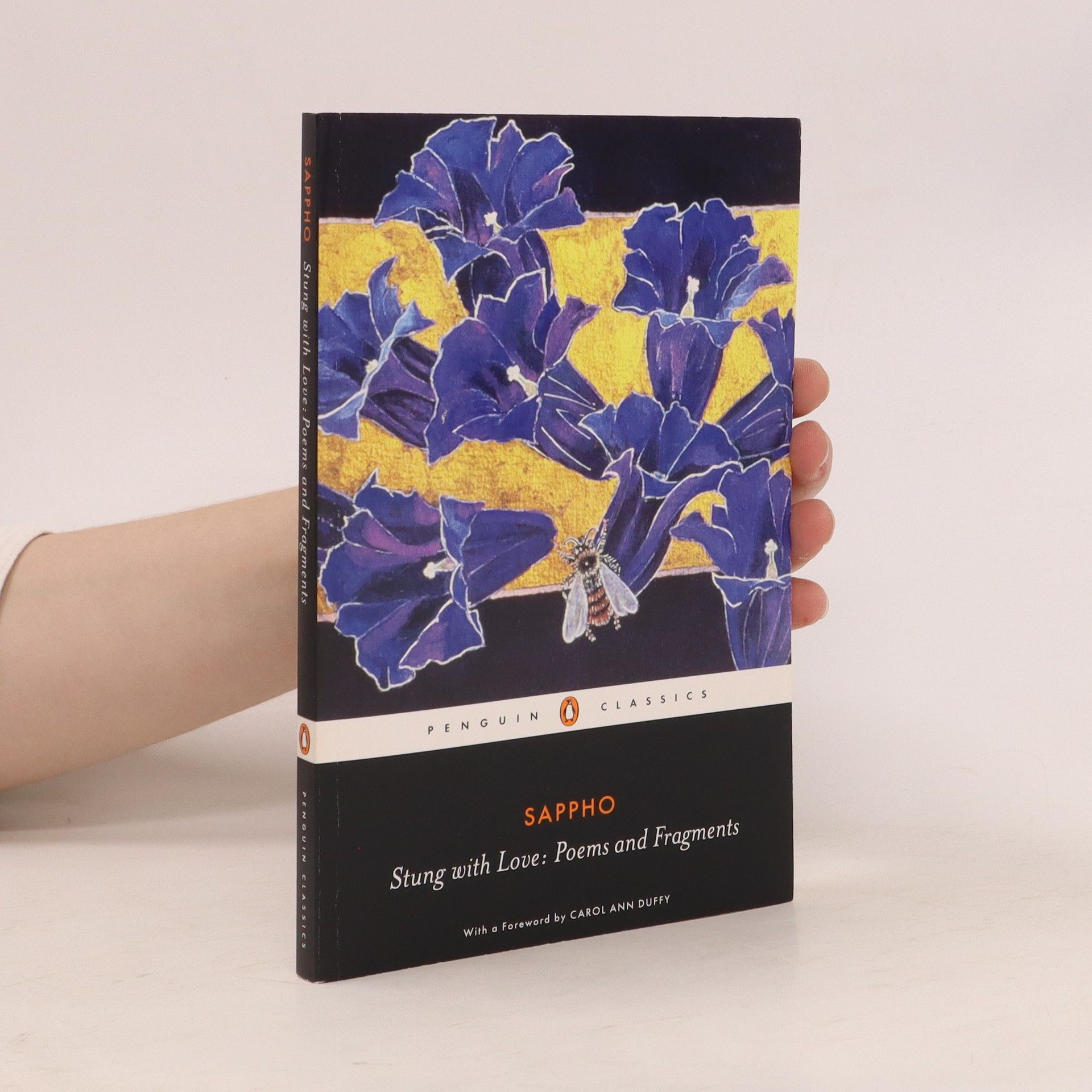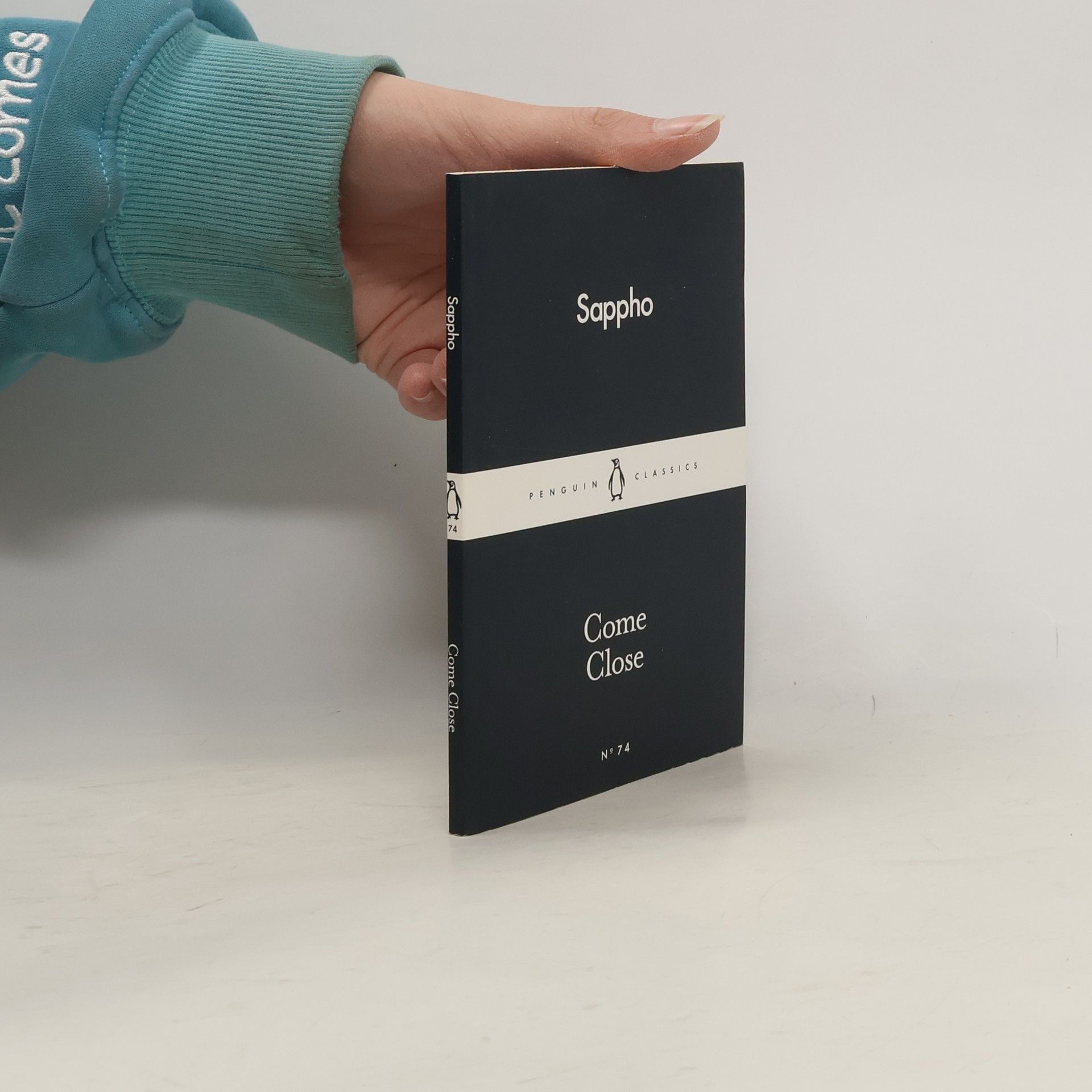Láska. Epithalami. Život. Múdrosť. Výber vyšiel k domnelému výročiu narodenia poetky.
Sapfo Knihy



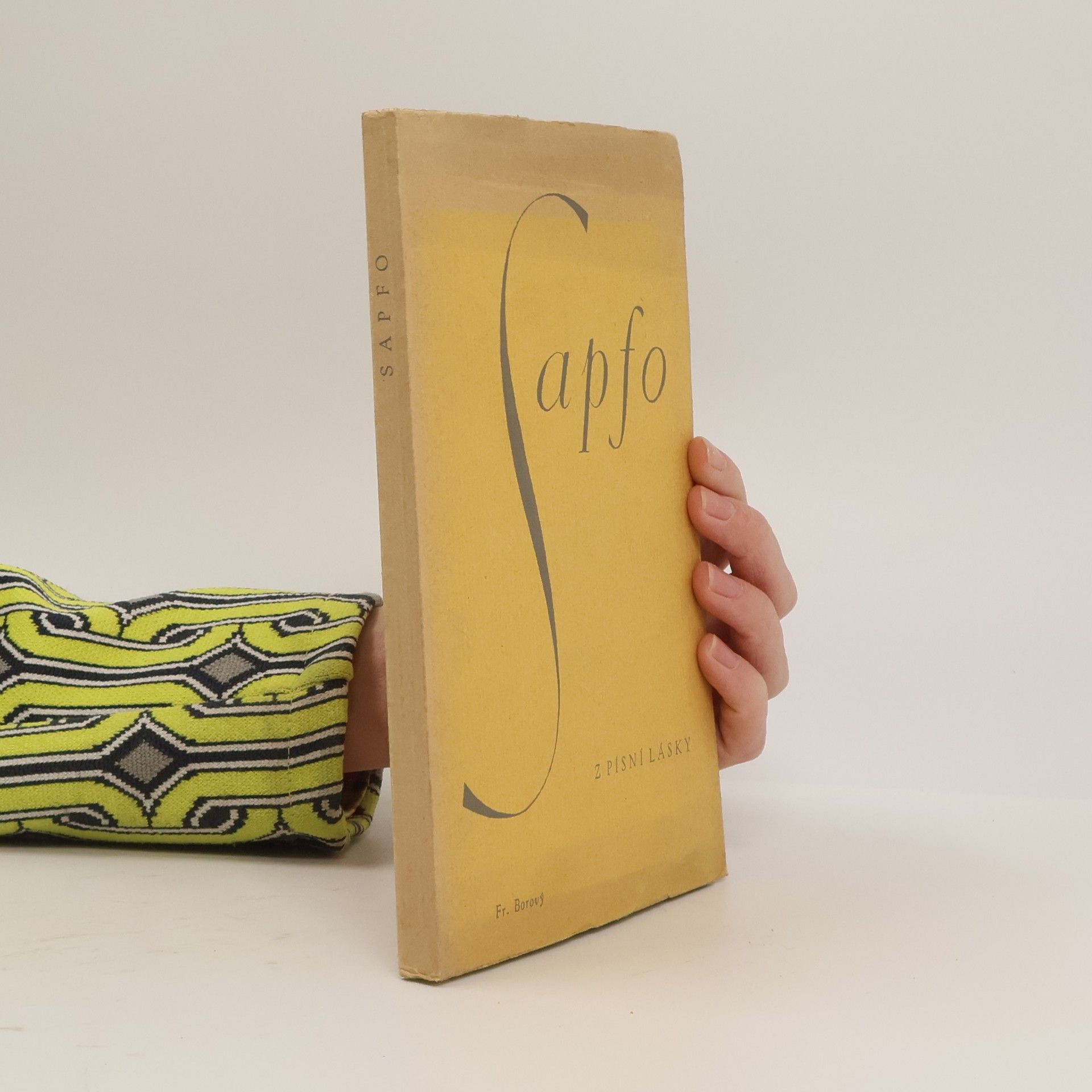

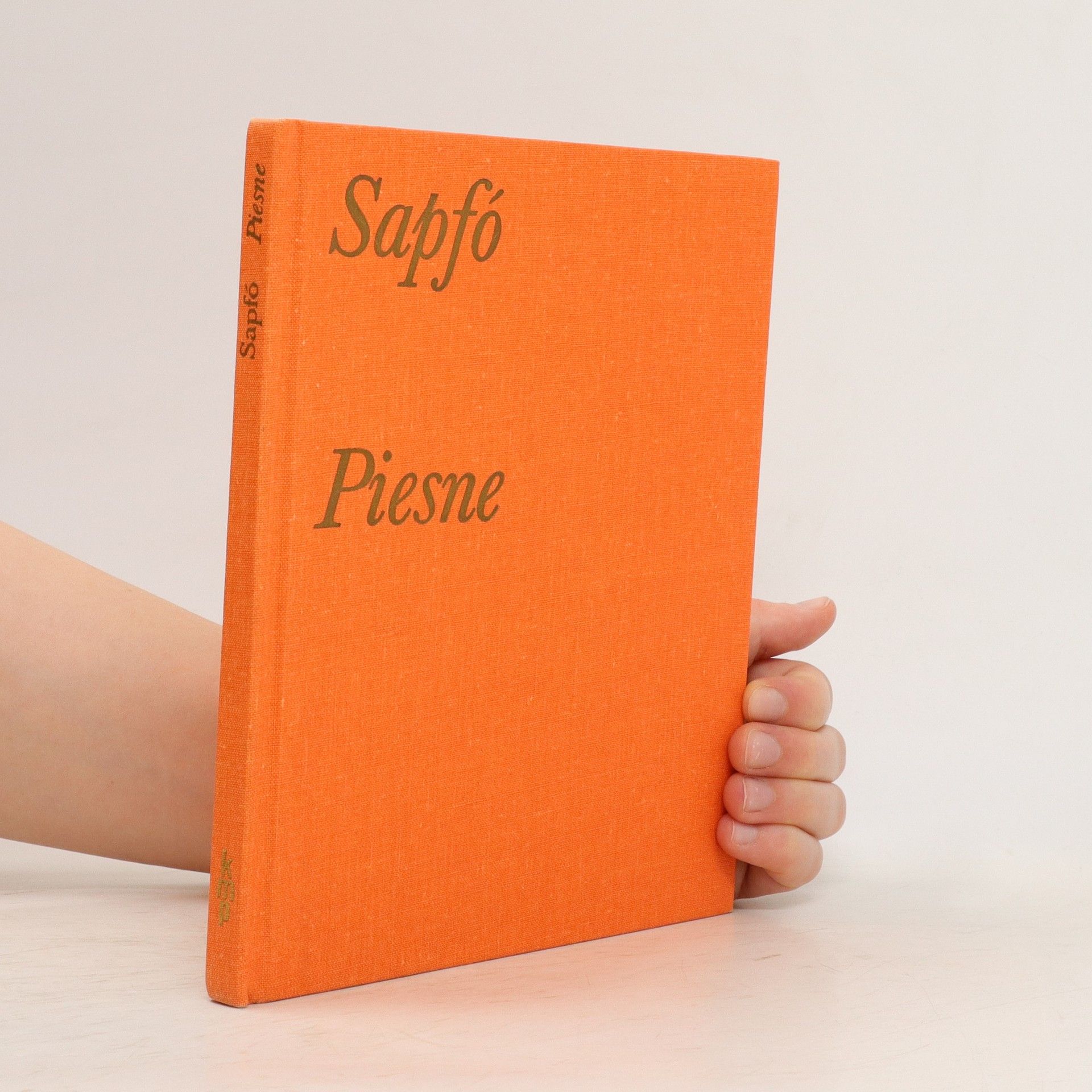
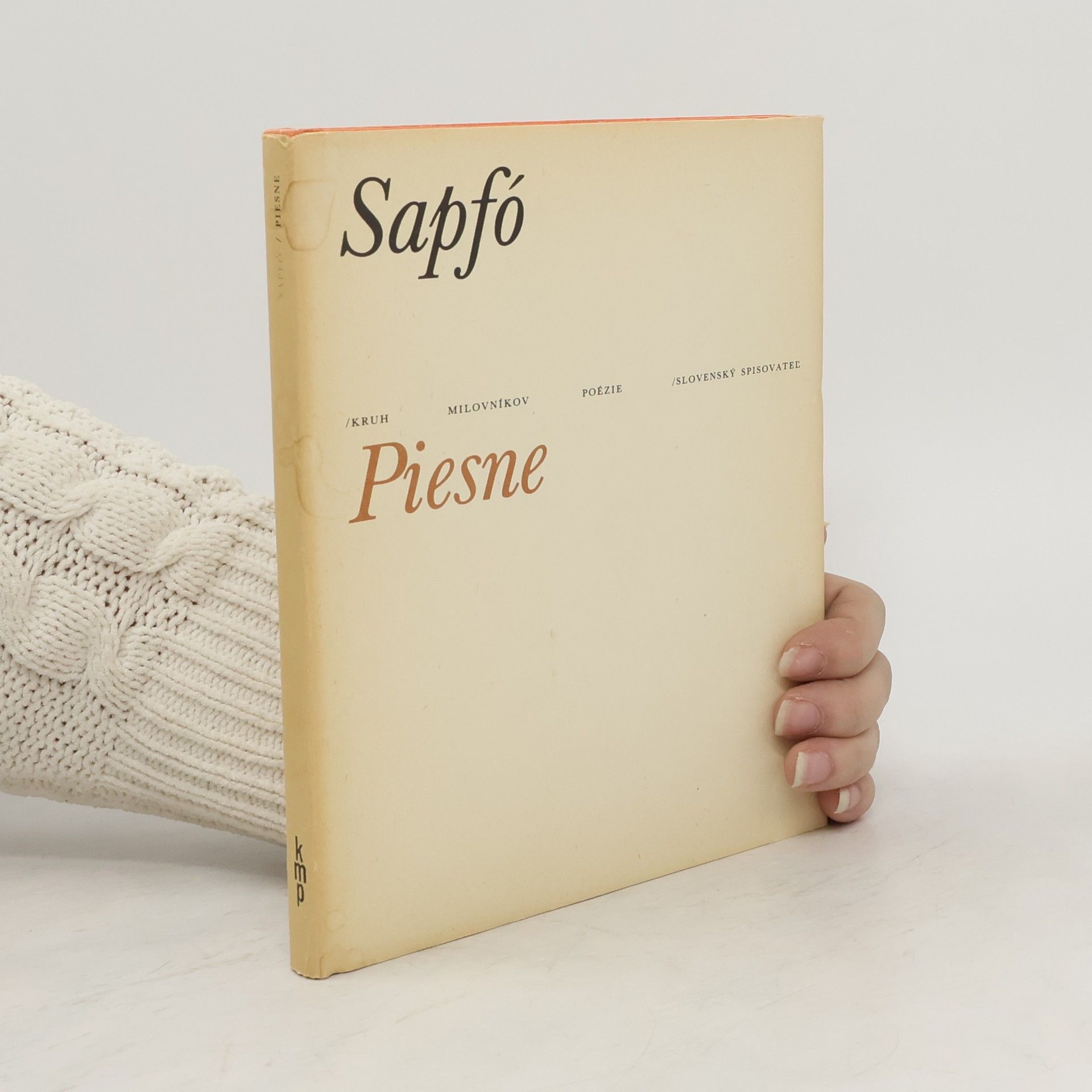
Písně z Lesbu
- 152 stránok
- 6 hodin čítania
Výběr z řeckých originálů v Anthologia lyrica a Poetae lyrici Graeci zahrnuje zlomky básní (v té době se ovšem básně zpívaly za doprovodu strunných nástrojů – proto Písně z Lesbu), které se zachovaly z díla „desáté múzy“, jak byla Sapfó nazývána – a které překladatel sestavil do kompozičních celků. Sapfó svůj nepříliš rozsáhlý tématický rejstřík nahradila silou básnického procítění a tak ze všech dochovalých antických básníků nejvíce promlouvá k dnešnímu čtenáři. Jak sama říká: „Mne však vpravdě blaženou učinily zlaté Múzy a záviděníhodnou; a až zemru, nezničí zapomnění památku na mne –“ – a nemýlila se.
Soubor básní, písní a zlomků, které se zachovaly z díla básnířky z ostrova Lesbos
Exploring themes of love, desire, and longing, this collection of poems showcases the timeless voice of Sappho. Known for her passionate and intimate verses, the work delves into the complexities of relationships and the emotional landscapes of the heart. Sappho's lyrical style captures the essence of human experience, making her poetry resonate through the ages. The collection reflects her unique perspective as a woman in ancient Greece, offering readers a glimpse into her world and the depth of her feelings.
Sappho
- 128 stránok
- 5 hodin čítania
These hundred poems and fragments constitute virtually all of Sappho that survives and effectively bring to life the woman whom the Greeks consider to be their greatest lyric poet. Mary Barnard's translations are lean, incisive, direct—the best ever published. She has rendered the beloved poet's verses, long the bane of translators, more authentically than anyone else in English.
Ode to Aphrodite - The Poems and Fragments of Sappho
- 94 stránok
- 4 hodiny čítania
Featuring 45 poems and fragments of Sappho, this compact edition offers translations and interpretations by John Myres O'Hara and Henry de Vere Stacpoole. The work captures the essence of Sappho's lyrical style and emotional depth, providing readers with a glimpse into the thoughts and feelings of one of the most celebrated ancient poets. Ideal for both scholars and poetry enthusiasts, this volume serves as a valuable resource for exploring Sappho's enduring legacy.
More or less 150 years after Homer's Iliad, Sappho lived on the island of Lesbos, west off the coast of what is present Turkey. Little remains today of her writings, which are said to have filled nine papyrus rolls in the great library at Alexandria some 500 years after her death. The surviving texts consist of a lamentably small and fragmented body of lyric poetry—among them poems of invocation, desire, spite, celebration, resignation and remembrance—that nevertheless enables us to hear the living voice of the poet Plato called the tenth Muse. This is a new translation of her surviving poetry. For more than seventy years, Penguin has been the leading publisher of classic literature in the English-speaking world. With more than 1,700 titles, Penguin Classics represents a global bookshelf of the best works throughout history and across genres and disciplines. Readers trust the series to provide authoritative texts enhanced by introductions and notes by distinguished scholars and contemporary authors, as well as up-to-date translations by award-winning translators.
Sappho - Love Songs & Other Fragments
- 100 stránok
- 4 hodiny čítania
The collection features the poetic fragments of Sappho, an iconic figure of ancient Greece renowned for her exploration of love and desire. Through vivid imagery and emotional depth, these works capture the complexity of human relationships, particularly between women. The anthology not only highlights Sappho's lyrical genius but also provides insights into the cultural and social dynamics of her time, making it a valuable resource for understanding both her artistry and the historical context of her poetry.
Come close
- 60 stránok
- 3 hodiny čítania
Sensual, sun-soaked verse on love and the gods in ancient Greece, from the poet named 'the tenth Muse' by Plato.
